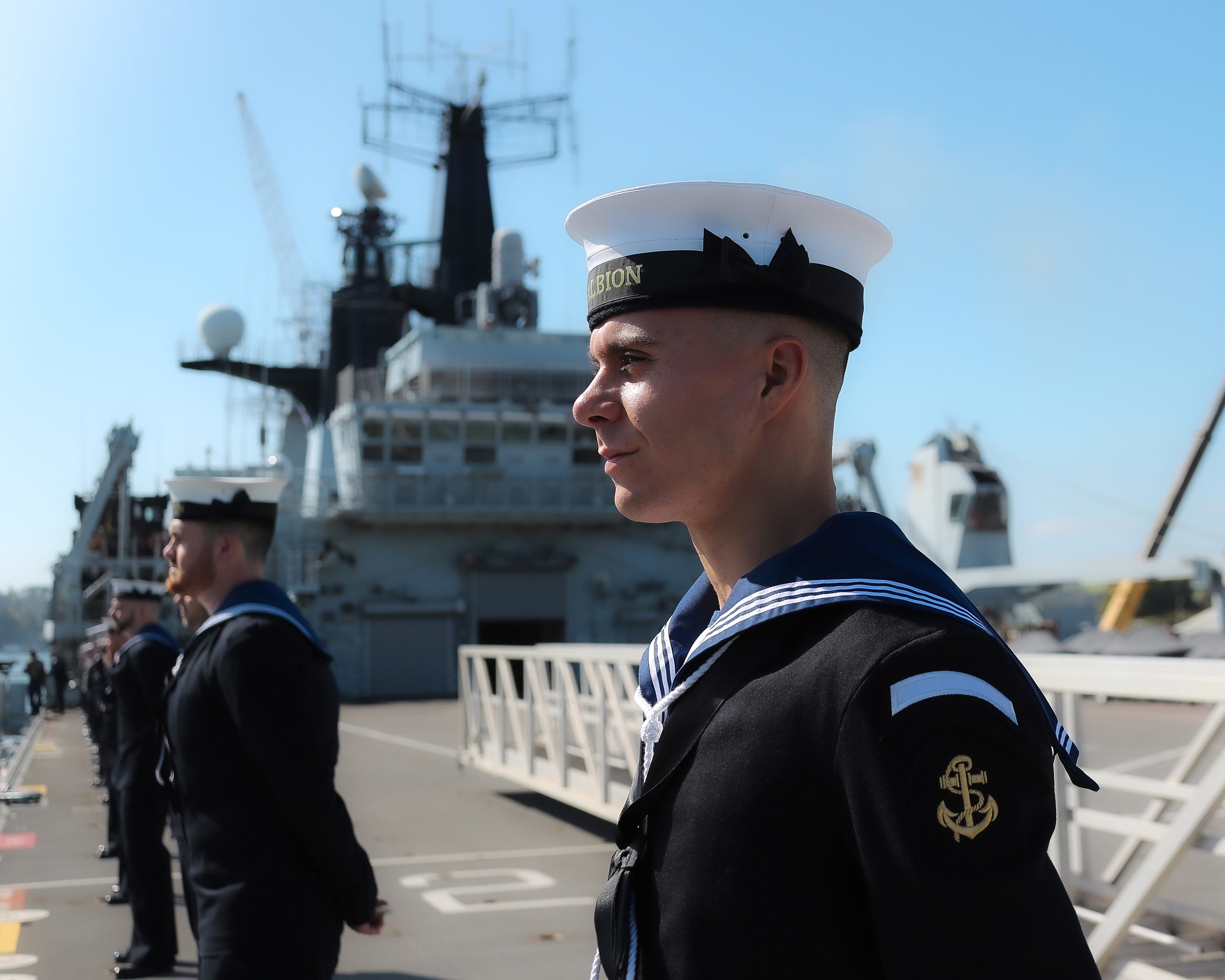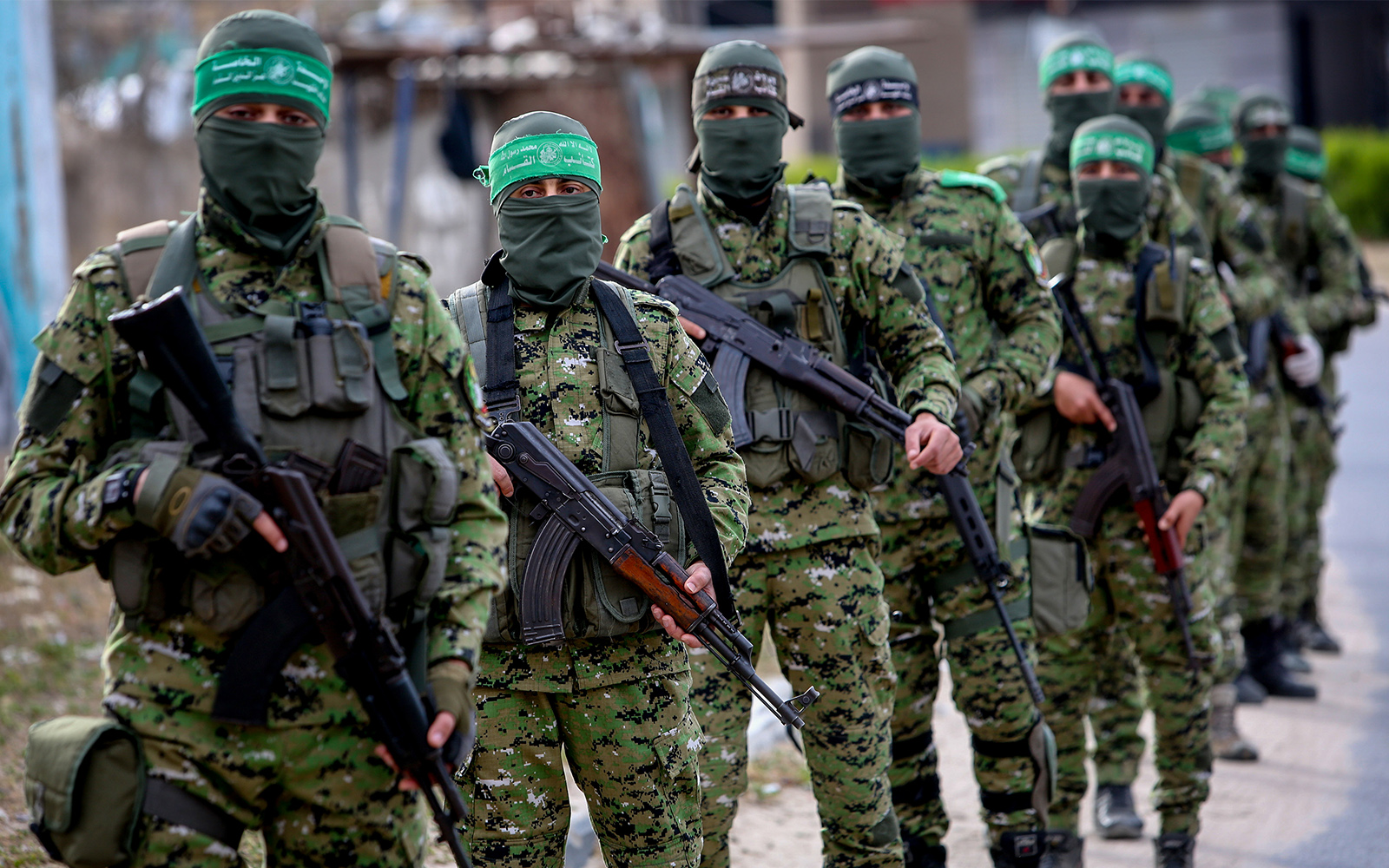The U.S. Navy ship detected a "anti-ship ballistic missile" launched from an area controlled by the Muslim terrorist group directed toward the "M/V Unity Explorer", a 656 foot general bulk cargo ship built in 2016 sailing under Bahamas registration. Weighing in at 61,000 tons fully loaded, she recently departed Port Said in Egypt bound for Singapore. At the time of the attack, the Unity Explorer was carrying grain from U.S. based Cargill. She is owned and managed by Ray Shipping of Tel Aviv Israel.
The "Number 9", also came under attack. Built in 2007, the cargo container sails under Panamanian registration. Ironically, the 856 foot ship was sailing from Singapore and bound for Port of As Suways (Suez Port) in Egypt. The ship is owned by Number 9 Ltd/Cargo Harbor of England and managed by Bernhard Schulte Shipmanagement out of Newcastle-upon-Tyne in Northeast England.
A third ship, the bulk carrier "M/V AOM Sophie II", was also attacked by the Houthi missiles. Like the "Number 9", the AOM Sophie II, built in 2021, sails under Panamanian registration. At 751 feet, she has a 43,500 gross tonnage. Her registered owners are Kyowa Kisen Company, Ltd and Green Spanker Shipping S.A. while she is under the management of Cleanseas Shipmanagement, Inc., located in Manila, Philippines.
The USS Carney (DDG-64), a heavily armed Arliegh-Burke guided missile destroyer, is part of the USS Gerald R. Ford Carrier Strike Group operating in the region as part of a two prong U.S. naval carrier strike force which includes the USS Dwight D. Eisenhower. Each strike force consists of approximately eight warships plus one aircraft carrier and eight squadrons of attack aircraft plus one squadron of support planes and helicopters. That's a helluva lot of firepower.
In addition, there is likely increased submarine activity, not to mention spy planes, drones, and dedicated satellites as well as communications monitoring. The British also sent a carrier based strike group to the area along with a detachment of Royal Marines, as part of a coordinated military show of force as well as to provide air and naval support for Israel.Perhaps the key reason for the attack, other than its proximity to the war zone, is its ownership by Ray Shipping of Tel Aviv Israel. The sinking of cargo ship would have serious consequences for global shipping in the region since it could block all traffic going through the Red Sea. The Red Sea accounts for 30% of the world's cargo traffic.
However, Houthi military command in Yemen, while acknowledging the attacks, stated that their intelligence indicated the three commercial ships had ties to Israel. As indicated above, only one of the cargo ships has Israeli ties. The Houthi have previously sent guided missiles from Yemen up the Red Sea toward Israel settlements in the south. These missile attacks were successfully intercepted.
The Pentagon went on to say that it would pursue all appropriate responses in coordination with its allies and partners, which presumably means Great Britain, which has a carrier strike force offshore at Gaza, and the Israeli military, which is currently conducting military operations in Gaza. By the way, if Yemen sounds familiar, it might be because in 2000, Al Qaeda was almost successful in sinking the USS Cole while it was docked in Yemen's Aden harbor. 17 sailors were killed and 37 were injured.
Meanwhile, it should be noted that the International Criminal Court ("ICC") has initiated a criminal investigation for alleged war crimes against Israel under Article 31 of the Geneva Convention for the deaths of civilians in Gaza and the West Bank dating back to 2014.
These deaths result from not just military attacks, but also the alleged deliberate withholding of water, food, medicine, and electricity according to the Chief Prosecutor for the ICC, Karim Khan. Mr. Khan, a British attorney, claims that some 2.3 million people have been affected.The Israeli-Palestinian crisis, contrary to popular opinion, didn't start with Israel's 1948 Declaration of Independence. The situation actually dates back to the early 1900's when various Zionist organizations began lobbying in earnest for a Jewish homeland due to the centuries long progroms, Many progroms restricted Jewish ownership of property, limited job opportunities and access to higher education, and resulted in numerous murders, rapes, and physical attacks. The most notable of the Zionist Movements were led by Max Nordau, Chaim Weizmann, and Theodore Herzl.
Control of what was then called the Palestinian or British Mandate came about after the fall of the Ottoman Empire in 1918 and the seizure of lands by the British and French empires (between 1920 and 1948, the Levant was known as "Mandatory Palestine" per the League of Nations Mandate for Palestine). The earlier Balfour Declaration of 1917 guaranteed British support for the creation of Jewish homeland in Mandatory Palestine, but didn't say when.
This was followed by the creation of the Zionist Commission for Palestine under Chaim Weizmann, president of the British Zionist Federation, in 1918 which aggressively promoted Zionist activities in the region such as smuggling Jews into Palestine to build up the numbers and give Jews a stronger voice for statehood. They also actively fundraised to raise money for Zionist programs. While the British continued to drag their feet on the issue, World War II brought the matter to a head.
Capitalizing of the horrors of the Holocaust amid the Nuremberg Trials and an unrelenting public relations campaign by various Zionist organizations plus global support (especially from Hollywood, Wall Street, and other financial institutions), the British finally relented and agreed to the creation of a two part state known as the 1947 United Nations Partition with Jerusalem falling under a UN trusteeship.
While the proposal was rejected by the Arabs, David ben Gurion, the head of the Jewish Agency for Israel since 1935 and part of the World Zionist Organization, declared independence for the new State of Israel on May 14, 1948. Ironically, some leaders at the time joked that had it not been for Hitler and the Nazis, it's likely there wouldn't have been ample support of the creation of a Jewish state, and thus Hitler should be credited as the step-father of Israel.Immediately following the declaration, armies from Egypt, Jordan, Iraq, Syria, Yemen, Saudi Arabia, Lebanon, along with a composite of "volunteers" from Libya, Morocco, Iran, the UAE, and other Arab nations known as the Arab Liberation Army, invaded. Fighting with weapons scrounged from every corner of the world, including German WWII surplus, Israel bitterly fought back.
Following a nearly ten month long war, a ceasefire was arranged. Israel retained all its land plus captured 60% of the land originally designated as part of the State of Palestine. The West Bank and East Jerusalem fell under the administration of Jordan and Gaza fell to Egyptian occupation. But the real losers were the Palestinians.
Approximately 700,000 Palestinians were either evicted or forced to flee from their homes in what became known as the "Nakba" (the "catastrophe"). Meanwhile, 260,000 Jews were evicted from various Arab nations with another 100,000 were trapped in Jerusalem. Approximately 7000 Arabs were killed and 13,000 civilian (mostly Palestinians) perished. The Israelis lost 4,200 fighters and 2000 civilians.
This became the first of a long series of wars and terrorist attacks in which Arab nations have sought to "push the Jews into the sea" as former Egyptian President Gamal Abdul Nasser once said, and yet while the damage and loss of life has been tremendous on all side, Israel remains.
Today, Israel still faces a number of enemies hell bent on its total annihilation, including Hamas in Gaza, Hezbollah in Southern Lebanon, the Houthi in Yemen, Boko Haram in Nigeria, the Taliban in Afghanistan, ISIS/ISIL in Iraq and Syria, Al Qaeda in Saudi Arabia, the Al-Nusrah Front in Syria, along with dozens of others scattered around the world.However, the most threatening is the Islamic Republic of Iran, a extremist state if there ever was one. The Islamic government has repeatedly vowed to "wipe Israel off the map" by any and every means possible, including nuclear, even if it meant its own total destruction.
Iran regularly underwrites, trains, and arms the majority of these terrorist groups, including Hamas and Hezbollah (they refer to the Israel and the United States as "Little Satan" and "Big Satan"). And while the people of Gaza are regularly sent billions in global aide (the U.S. alone has sent $5.2 billion dollars), much of it is sidetracked by Hamas which it uses for its own purposes.
How is Hamas able to do this you ask? Simple. Hamas is the elected government in Gaza. In 2006, Hamas won the Palestinian legislative election for Gaza and the West Bank. In 2007, they militarily defeated Fatah, a secular nationalist political party which once dominated the governing Palestine National Authority. Politically, Hamas controls 44.45% of the legislative seats while Fatah has 41.43% of the seats. The balance are a hodgepodge of various, mostly Marxist, socialist, or theocratic oriented parties.
So, where does this leave us? The United States has been itching to get at Iran ever since the hostage crisis in 1979 when 52 Americans were held hostage for a year. Attempts by the Carter Administration to free them failed, and in one particular case, horrendously. The fact that Iranian aided terrorist groups also helped bring about the defeat of U.S. and coalition occupation forces in Afghanistan and Iraq as well as flustered U.S. plans in Syria hasn't helped the situation.
The U.S. sees the situation in Gaza as another attempt by Iran to spread its influence (especially at the expense of U.S. regional allies like Saudi Arabia) and encircle Israel. There's no question the U.S. will do whatever it can to destabilize the Islamic State or that our naval presence is, in truth, little more than bait with a B1 bomber attached. Whether Iran takes the bait remains to be seen.But what about the Palestinians? They been used for decades as global pawns for an agenda which no longer belongs to them, and what do they have to show for it? Tens of thousands are dead, maimed, disabled with millions living a Diaspora, and despite rhetoric to the contrary, they live under the iron boot of a military state. It's poverty rate is 31.9% and a quarter of the population are unemployed.
Meanwhile, Hamas get rich on the misery of their own people. It has an investment portfolio, including real estate, valued at over $500 million and a military budget of $300 million. Yet more Palestinians will die due to starvation, lack of medicine and medical care, potable water, or disease than the war. Why? Many blame Israel, but what about Hamas? Surely by now the time has come to beat swords into plowshares. If not, then when?
If you enjoyed the article, please consider passing it along to others and don't forget to subscribe. It's free! Lastly please be sure to "like" us on whatever platform you use to read anotheropinionblog.com. It helps beat the algorithms and keeps our articles in circulation. Thank you!
Gaza War: US, British Marines 'Train for Action'; 2nd US Carrier Reported Near West of Cyprus
Total Causalities, Arab-Israeli Conflicts: 1860 - Present
Gaza is plagued by poverty, but Hamas has no shortage ofcash. Where does it come from?
'Hell on earth': Israel unrest spotlights dire conditions in Gaza
International aid to Palestinians
Where Hamas gets its money and why it's so hard to stop, even as the U.S. steps up efforts






No comments:
Post a Comment